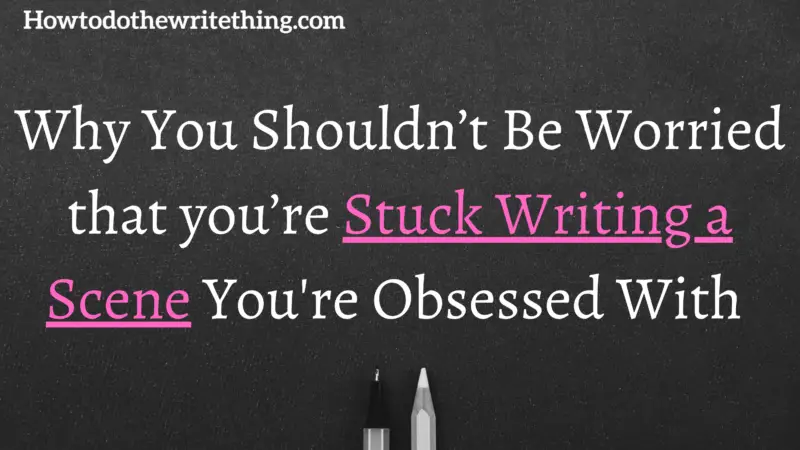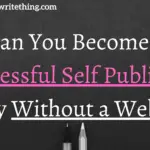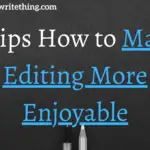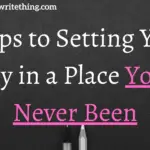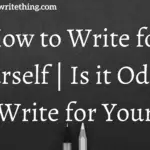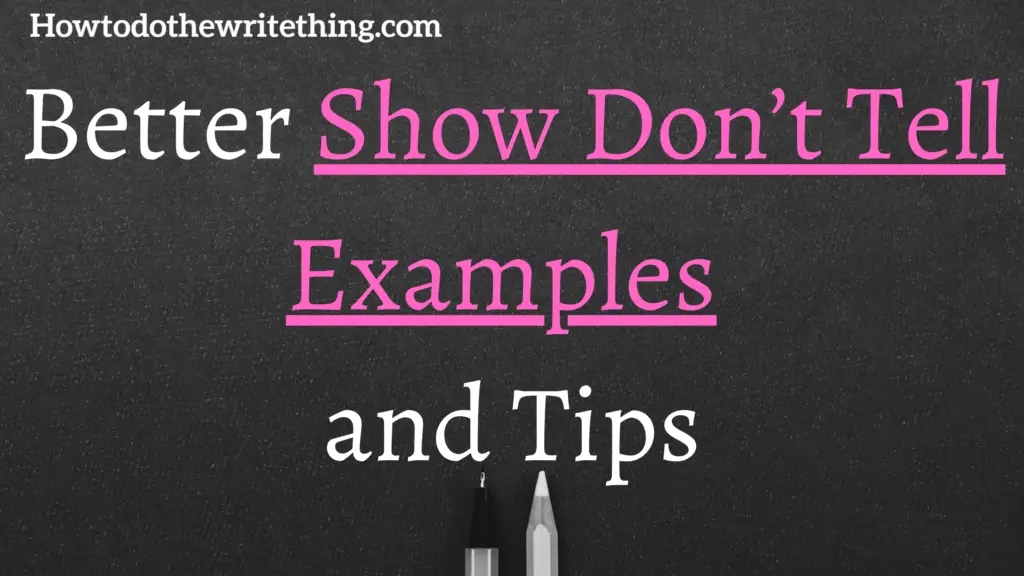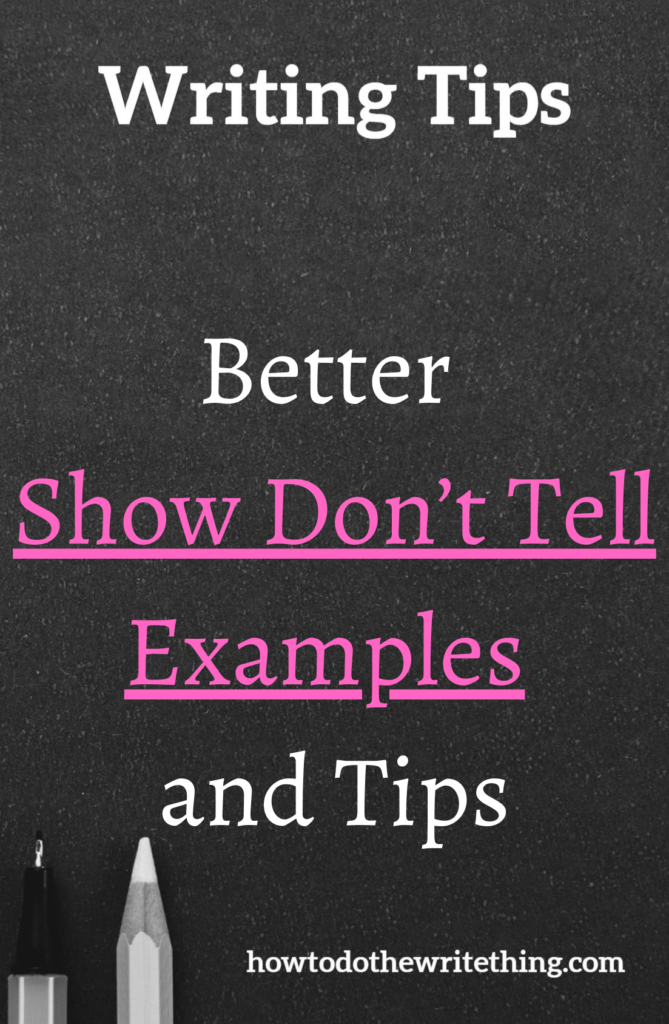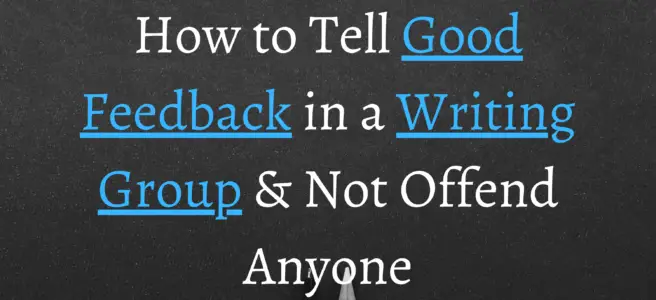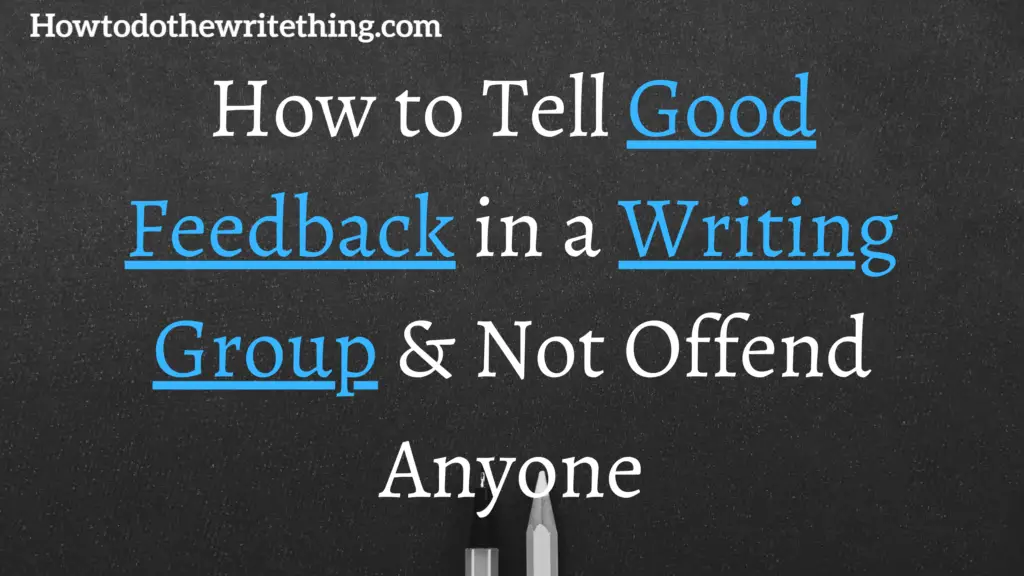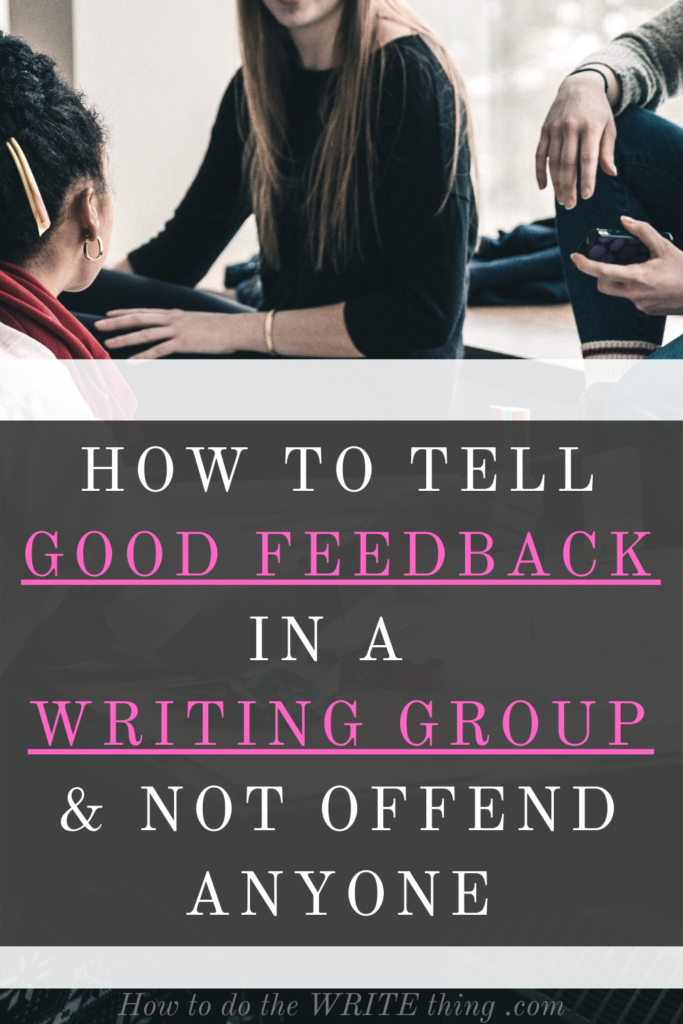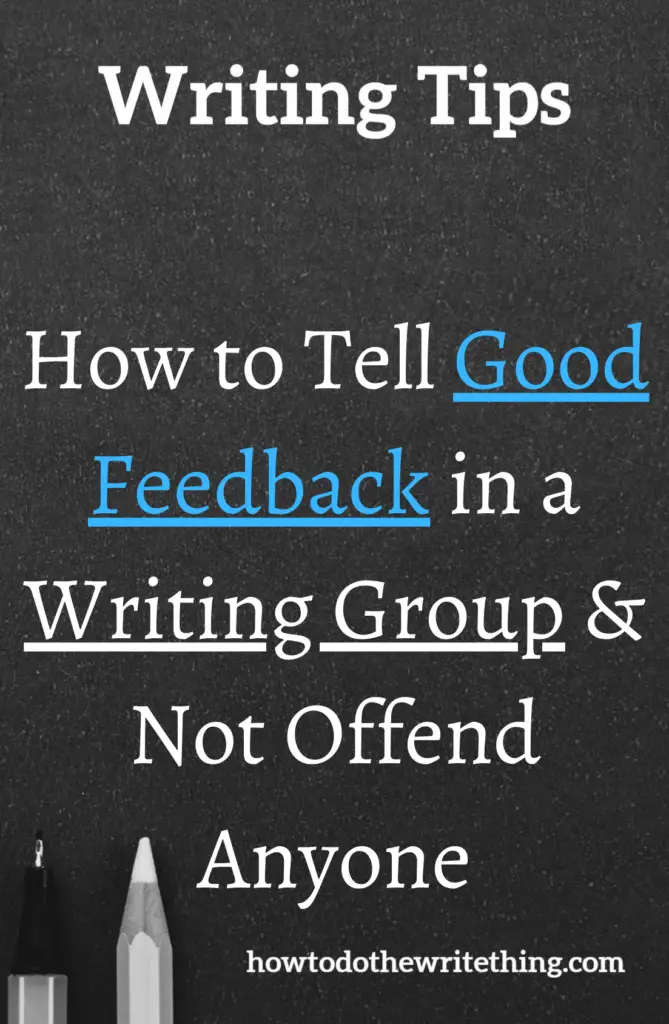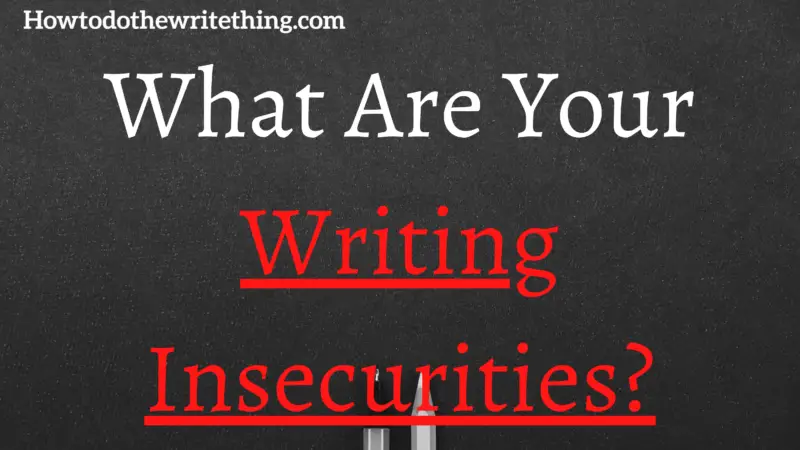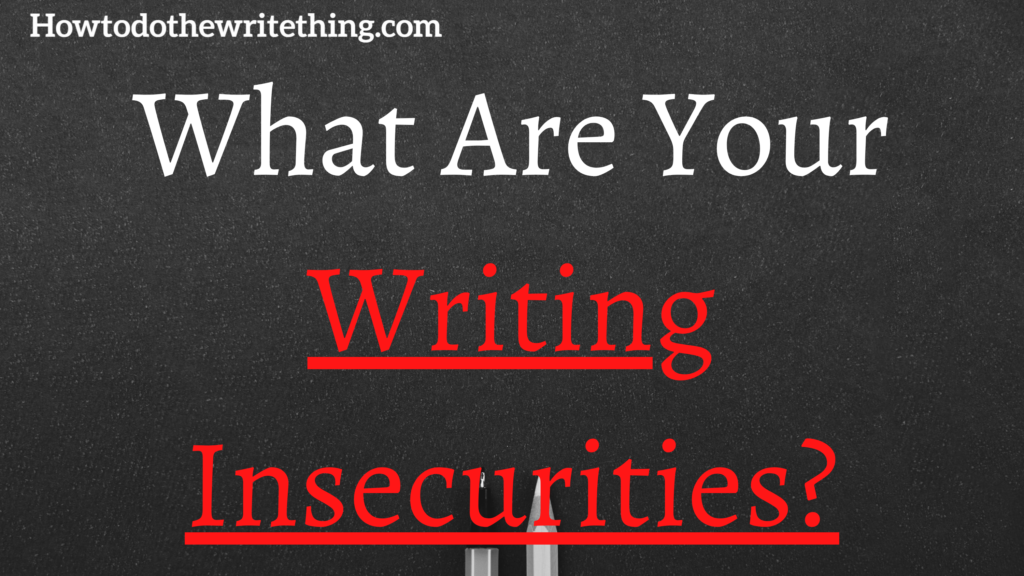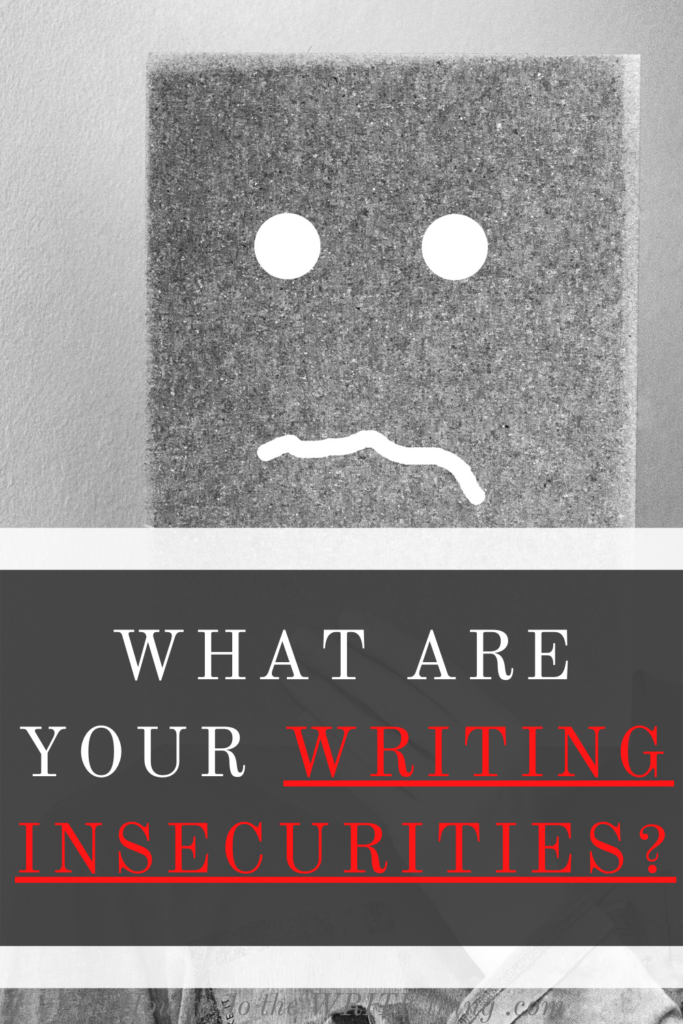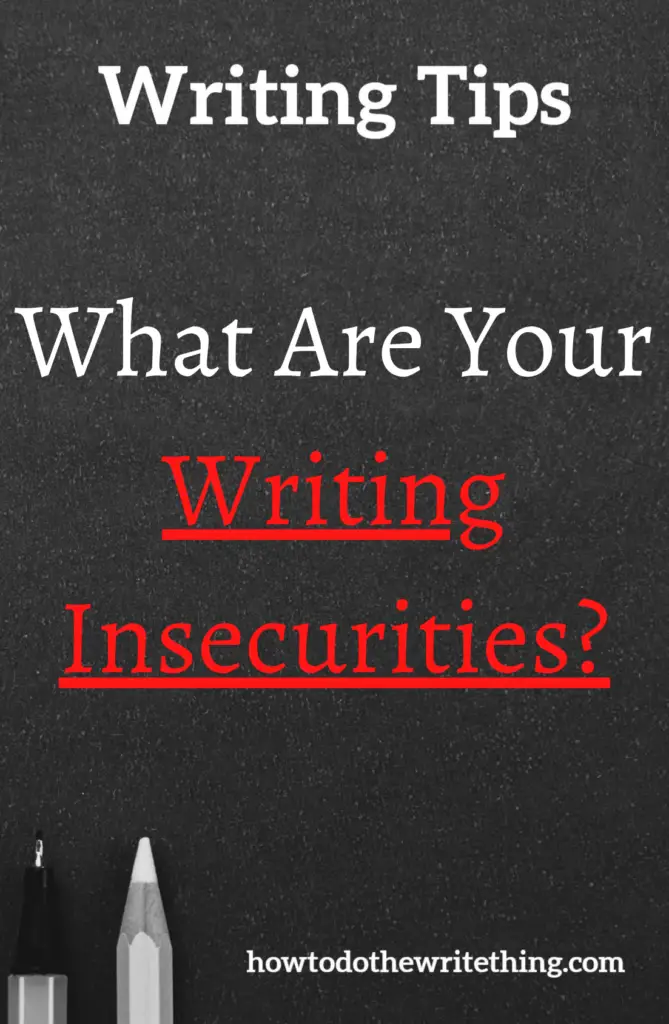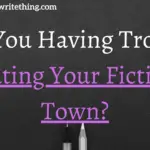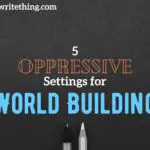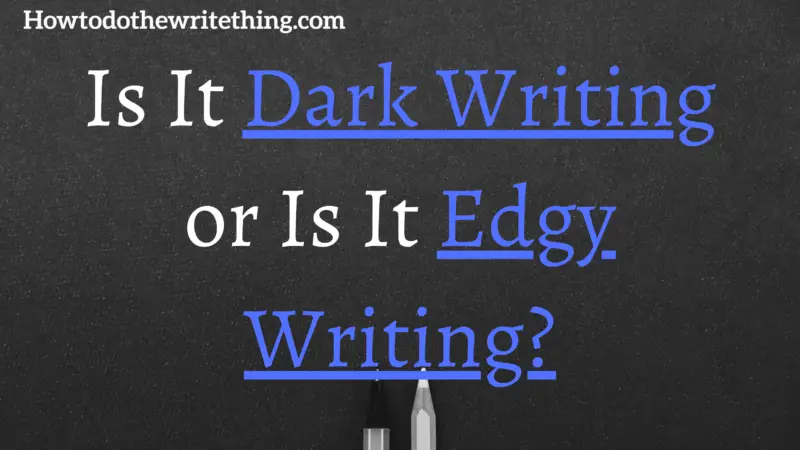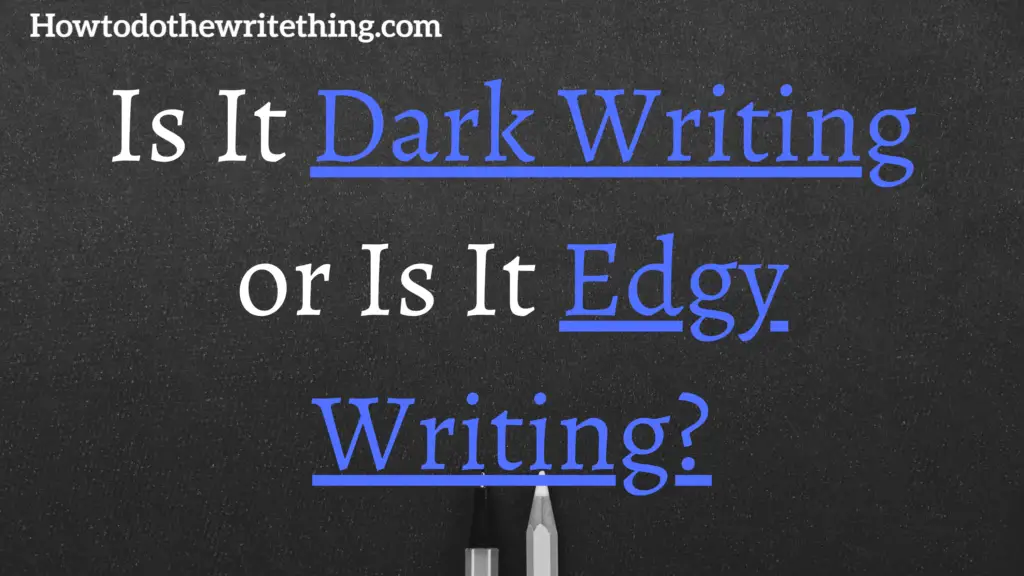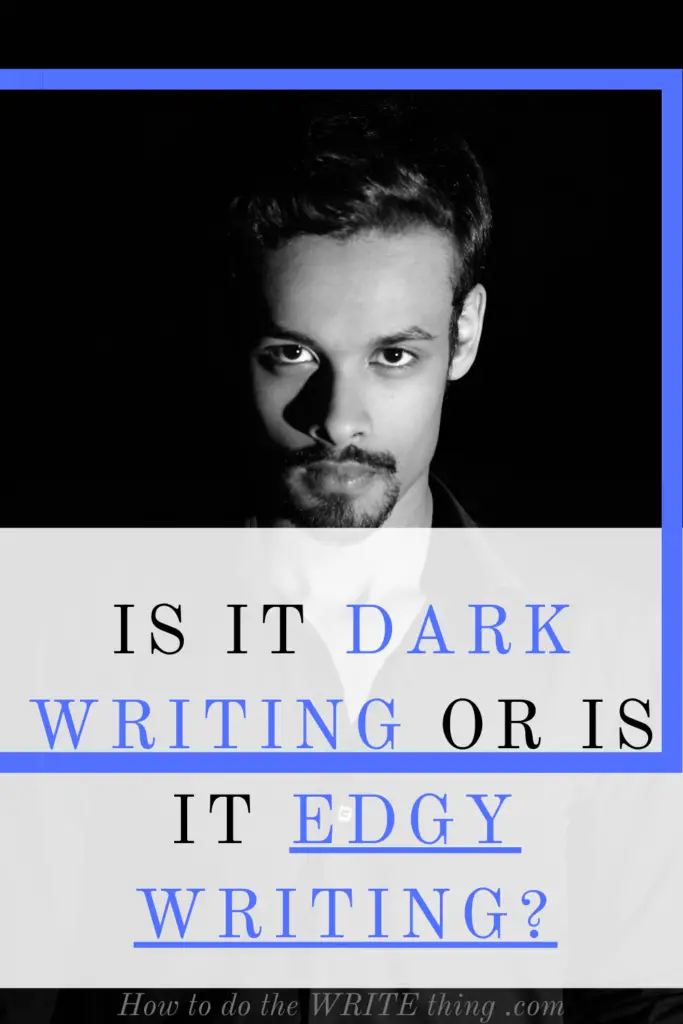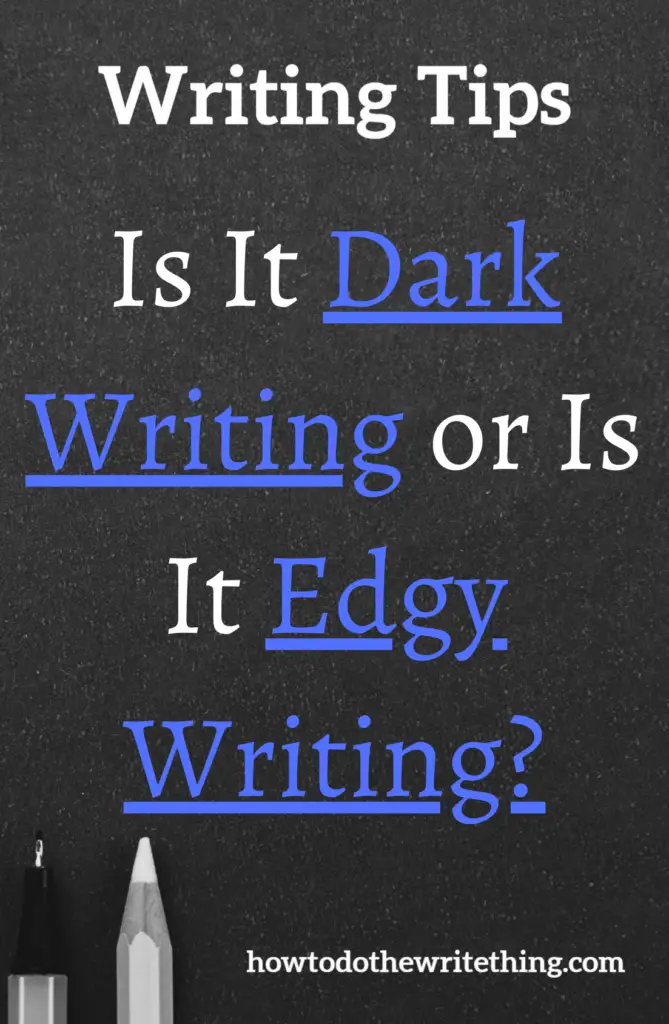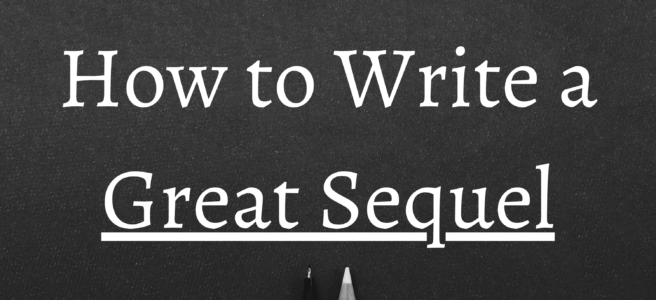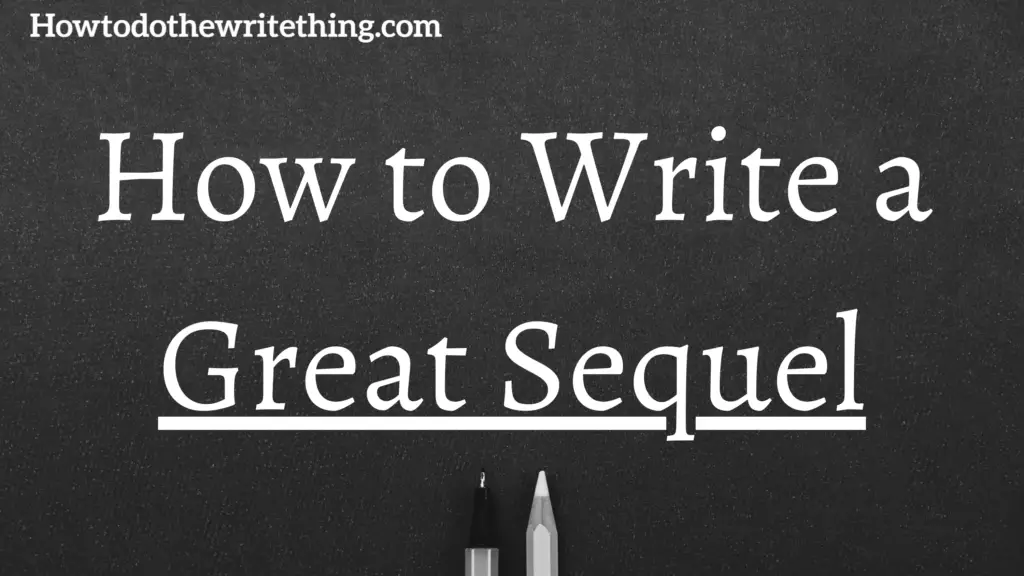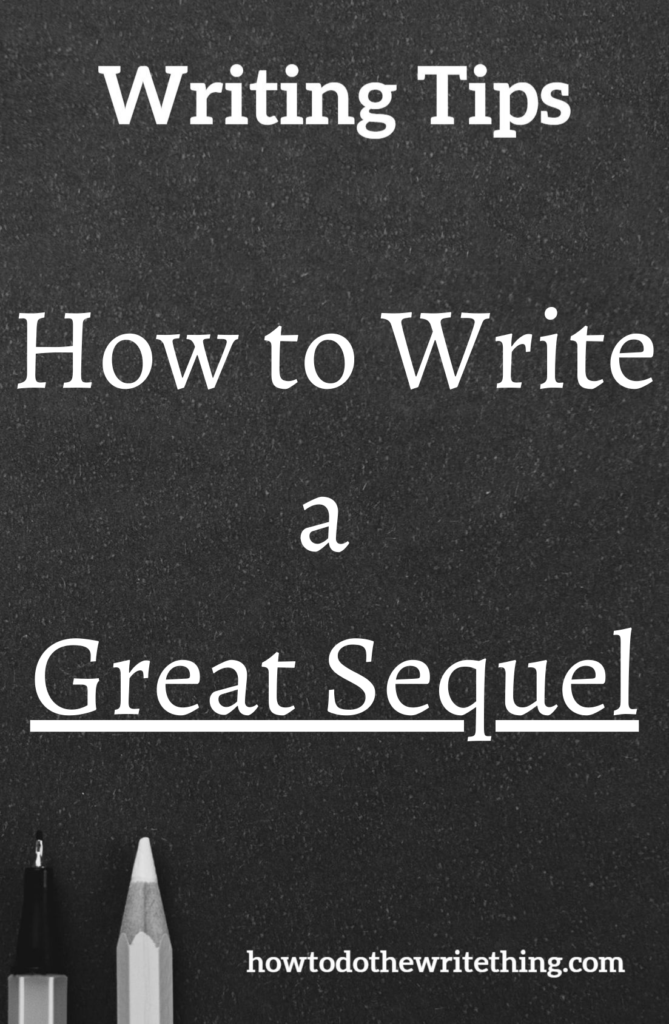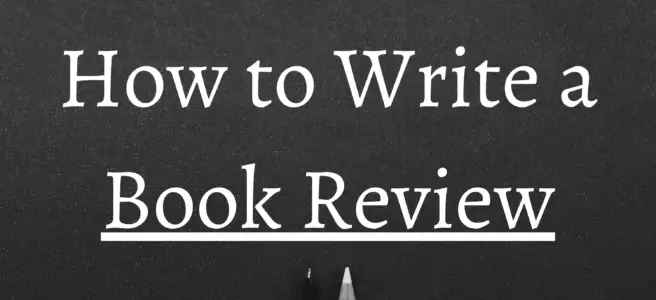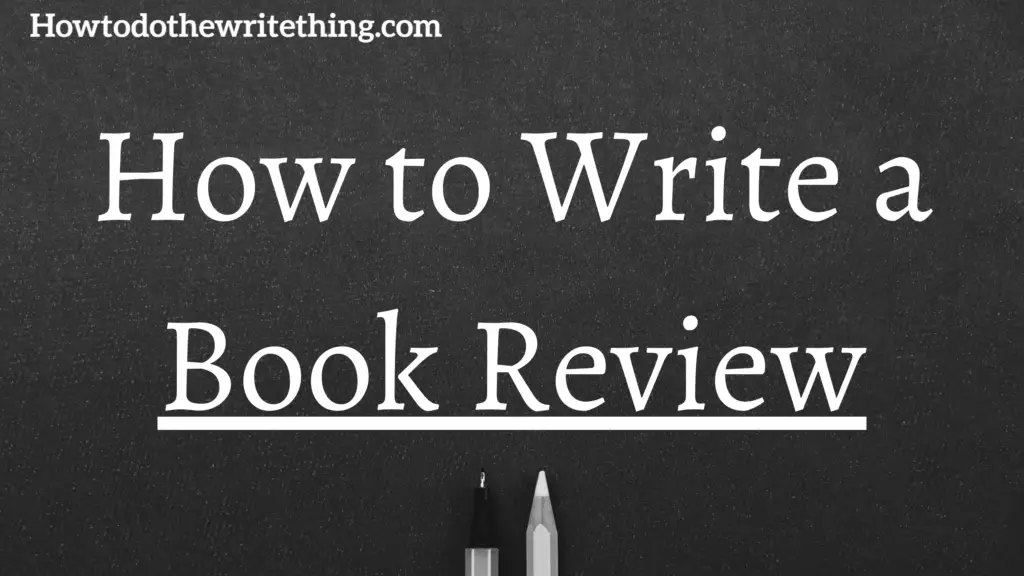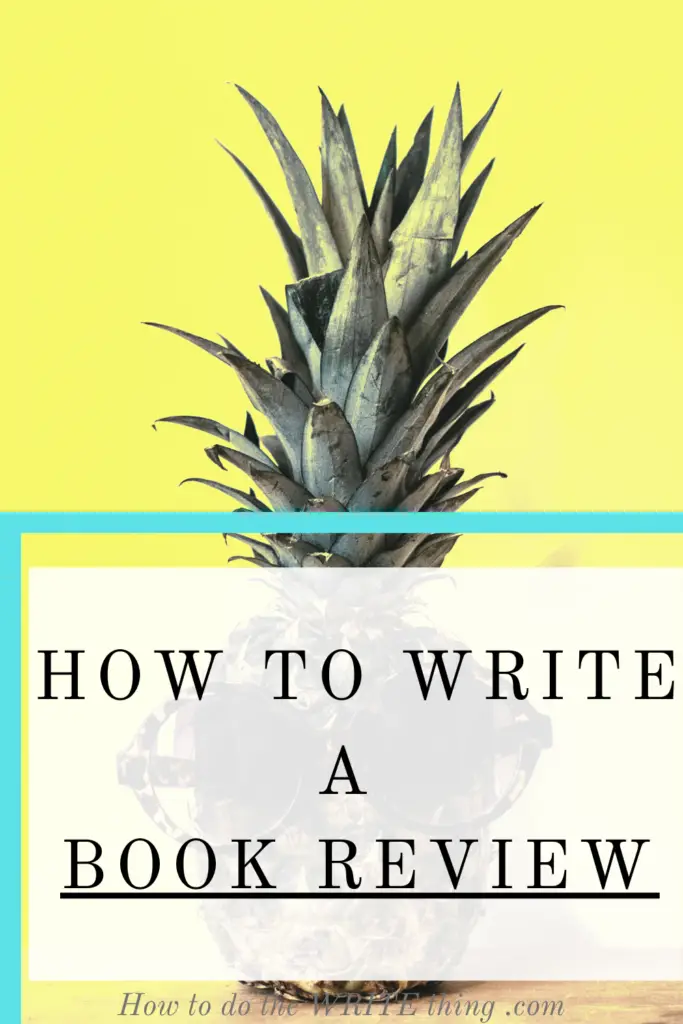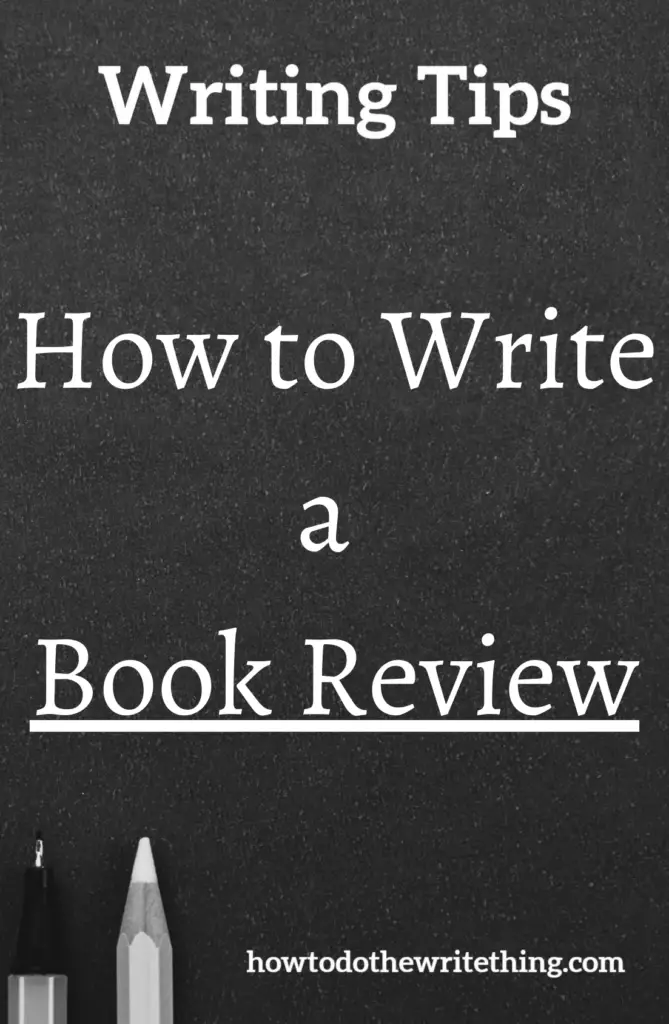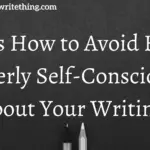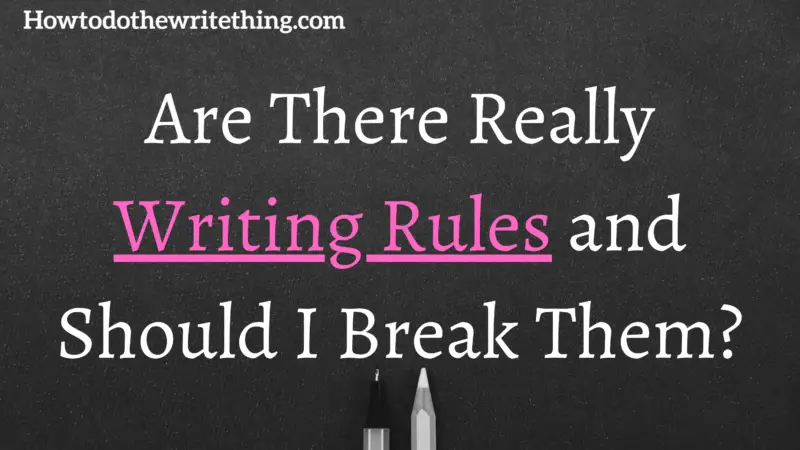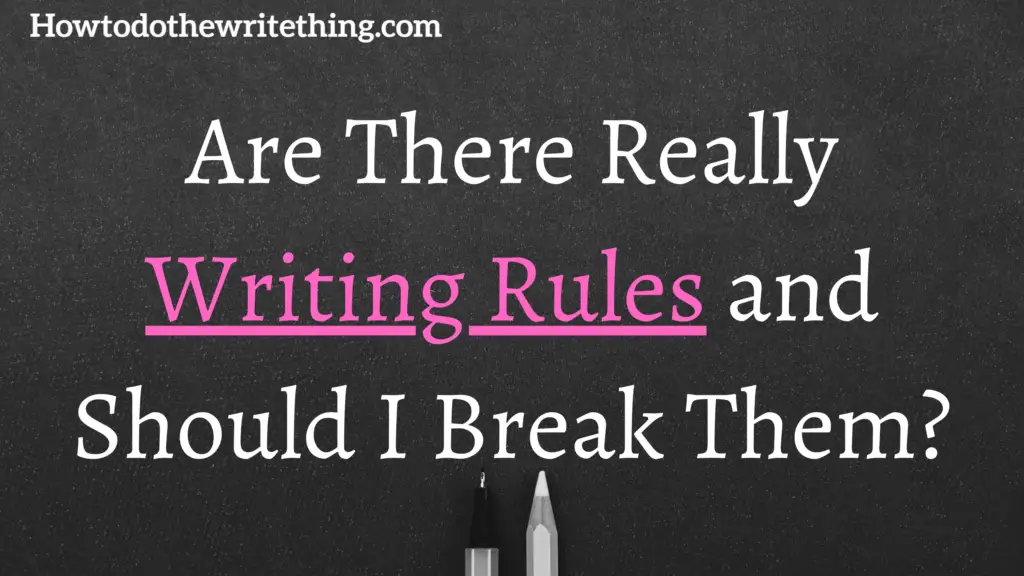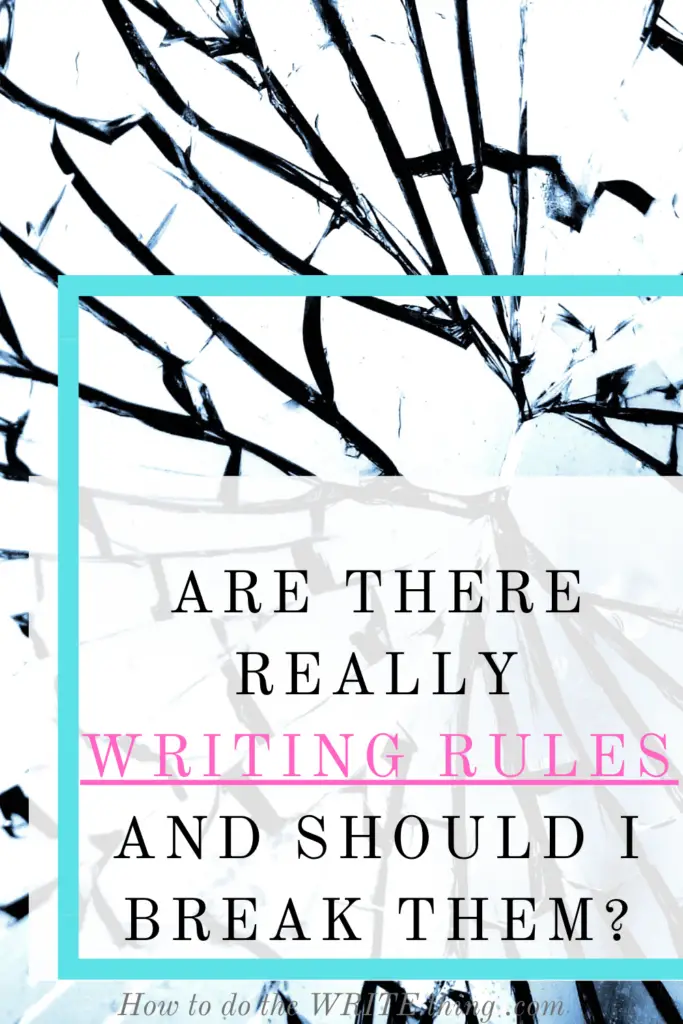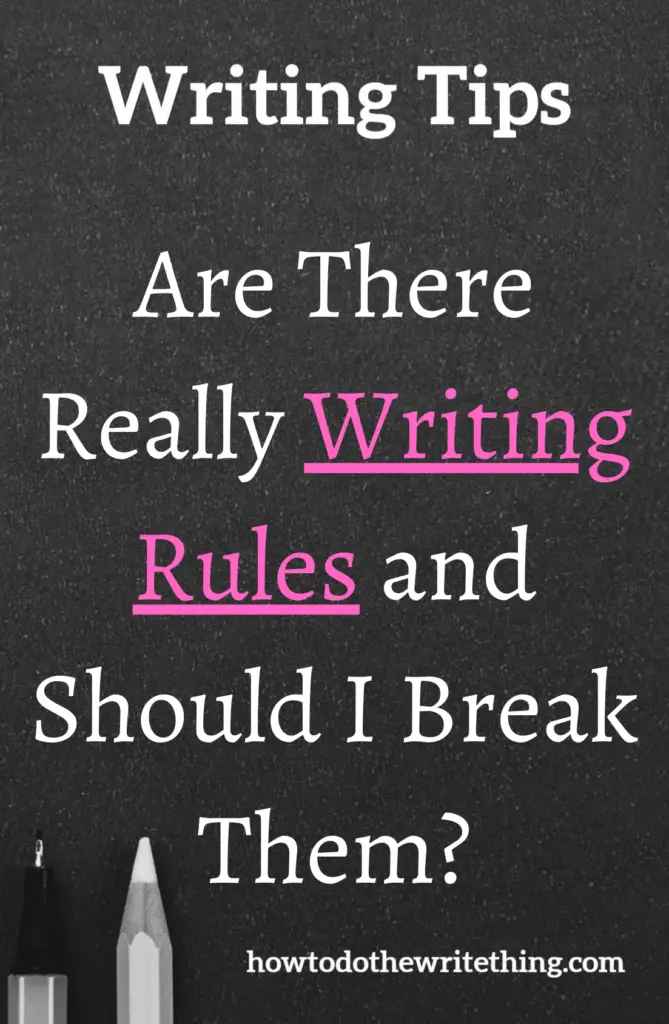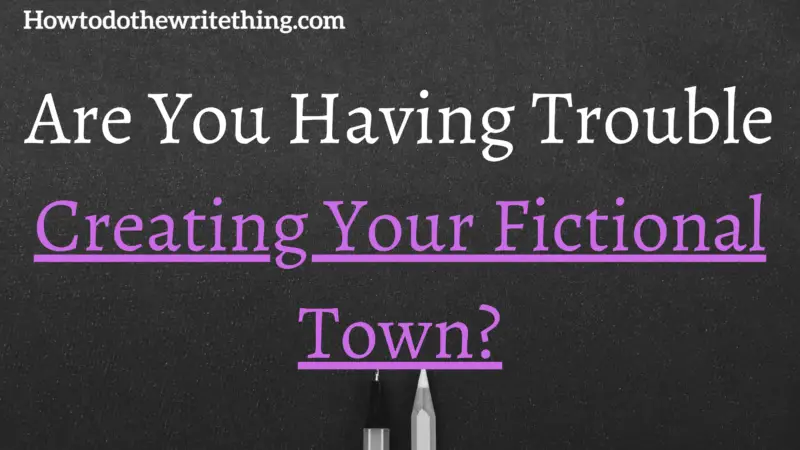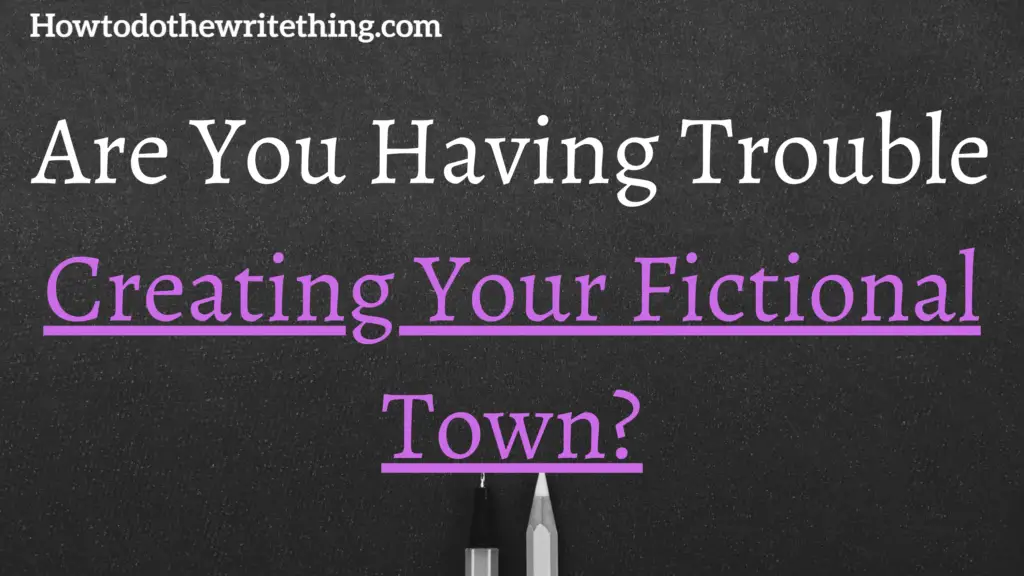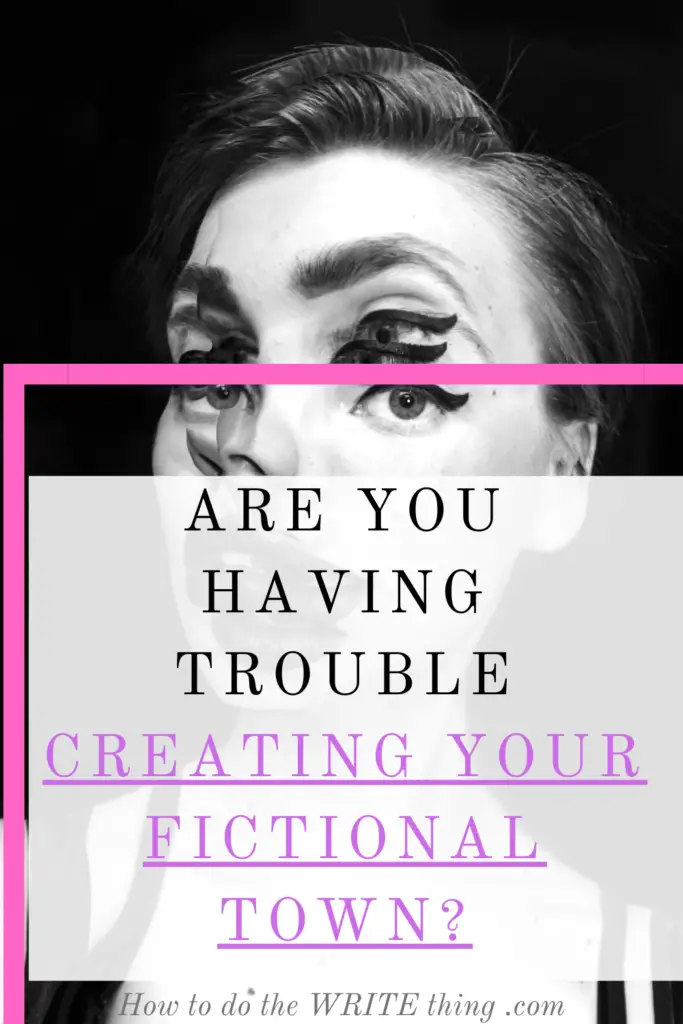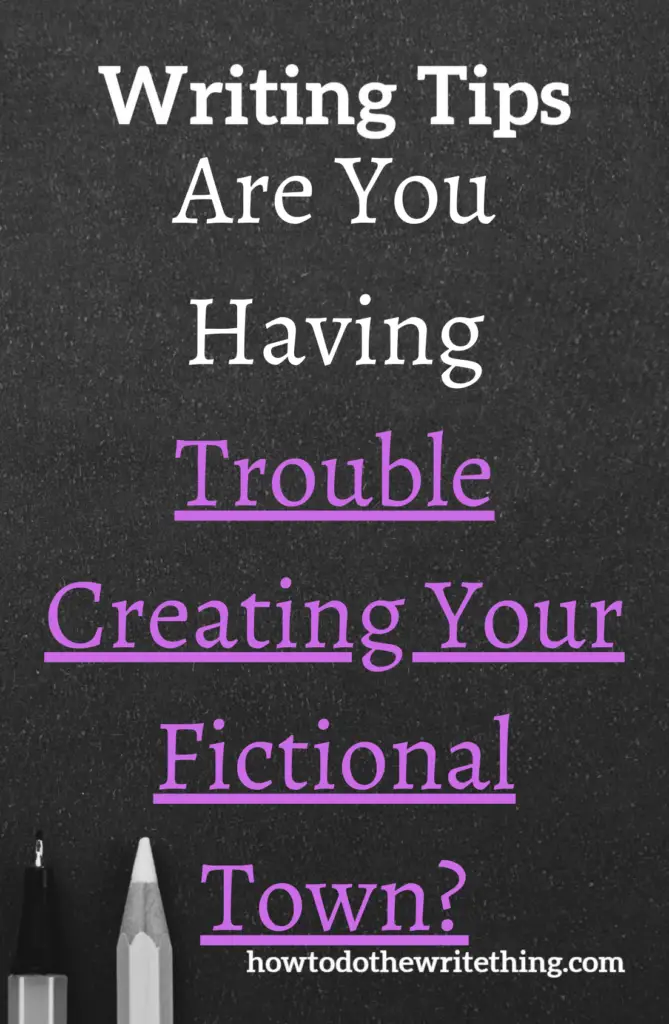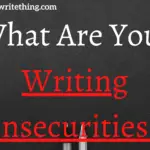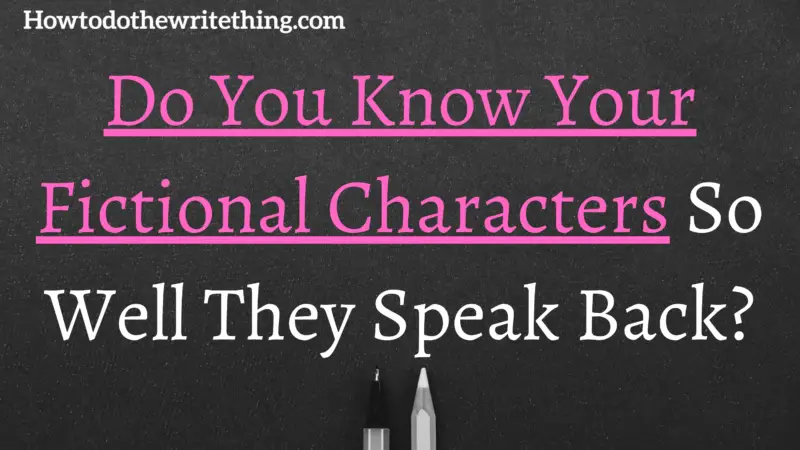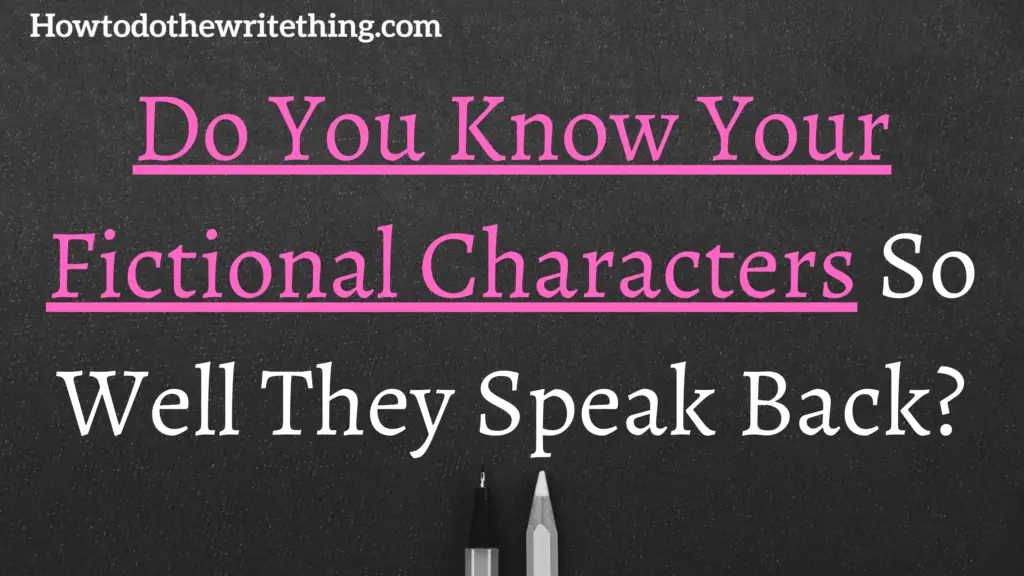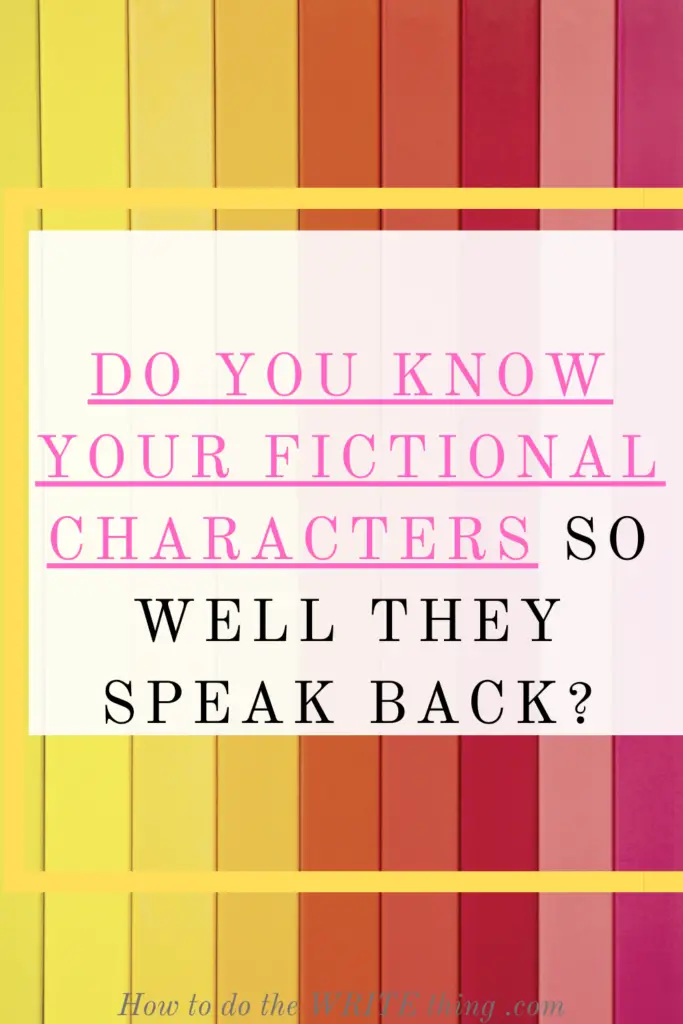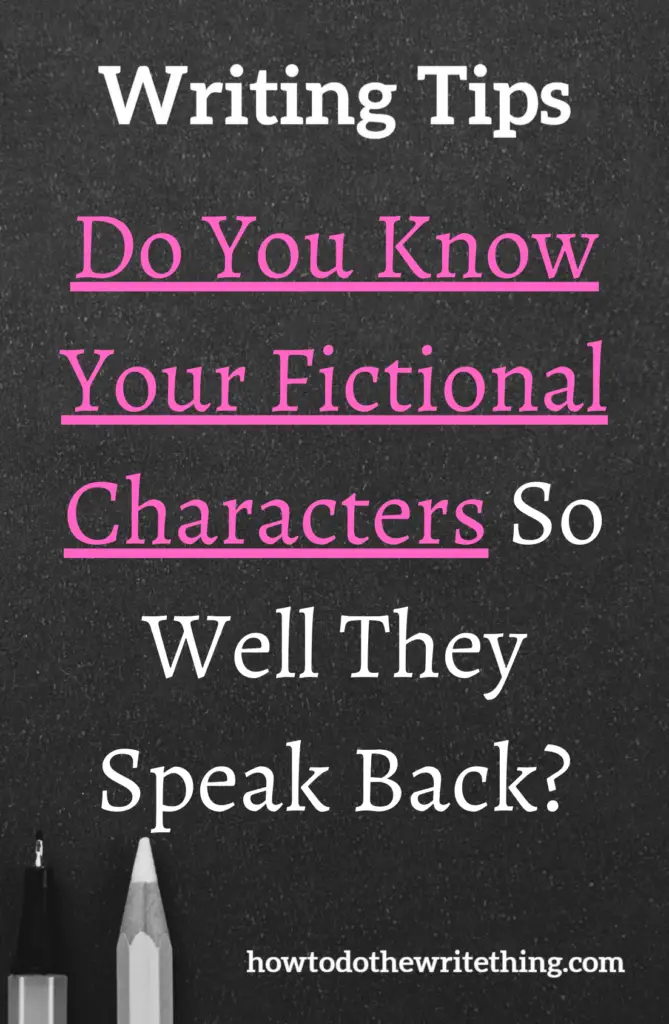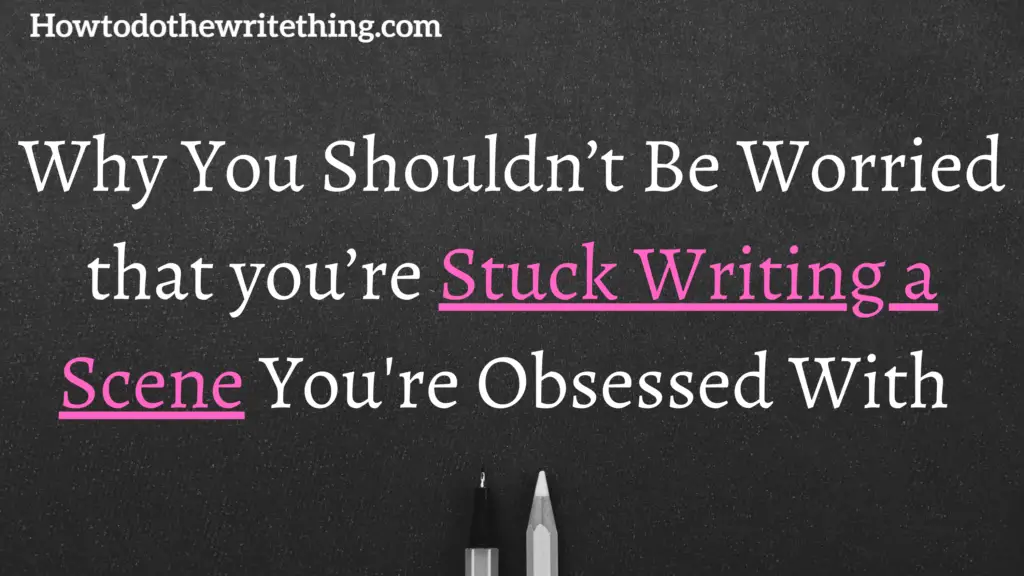
Don’t Be Worried that You’re Stuck Writing a Scene You’re Obsessed With
As writers we all do it.
It may be a certain scene or character. We get really invested in it. We spend hours and hours making sure every sentence and every moment is just right.
We literally pour our blood, sweat, and tears into it.
It has the most clever foreshadowing. The wording is perfect. The stage is set. The hook is dynamic.
We are so excited about it. We think it’s our crowning achievement.
We can’t wait to hear what the readers think about this one scene.
And then what happens?
It doesn’t stand out to our readers AT ALL. 🤦♂️
We want to scream out to the readers, “DUDE, look how clever this setup is. See how this thing happened here?! It’s like amazing! Come on!” 😂
But alas this would deter from what they really like.
So the question is what do we do about this writing phenomenon?
Readers aren’t going to see what you see every time.
Every once in a while something magical will happen. The “stars will align” and someone might (MIGHT) make a post or comment about your scene and talk about how clever and amazing it was.
This is EXTREMELY rare.
For the most part readers would be surprised to hear us writers talk about our writings. They’d be aloof to what scenes caused us the most grief.
They don’t see which scenes we loved and spent hours on. They don’t know our thoughts as we write them.
So unless we get on a talk show like George R. R. Martin and can relay that information to them, they are almost never going to understand which scenes we thought everyone should love compared what actually was clever to them.
Readers more likely will rally around something you didn’t expect.
This really goes to show that the most important metric in writing IS the continual act of creating and writing without stopping.
You and I can NEVER ultimately predict what story or scene will go viral and which ones won’t.
Even with my blog here I have a really hard time telling which posts will do well and which ones will take off.
I might think one post is super amazing and so clever and it’s some of my greatest work and people are going to love it! And then…crickets…
Compared to a post I wrote quickly on a whim and boom instant viral. 🤷♂️
The name of the game isn’t predicting what people are going to love because if it were that easy, everyone would do it.
So instead, write the scene. Make it as awesome as you can and then move on.
Don’t spend countless hours on just one small corner of your world.
Make it good enough and see how it performs.
If they like something, you succeeded.
So what?
They didn’t nerd out over the same scene you did. That’s okay!
They’re geeked out over something in your story and really enjoyed that instead.
That’s a win!
You should be excited to see that’s people enjoyed a part of your writing, even if it wasn’t the part that you loved.
You can learn from this too.
In the future, don’t spend so much energy on any one scene. And try to throw in a little more or the amount of the thing they liked about your writing that you just find out about.
Take your wins as they are and grow on them.
Use your writing wins to launch your next BIG WIN.
Want to get paid to write? Check out Writing Paychecks
- There is a simple method over 30,000 people use to get paid for freelance writing online.
- Opportunities can get started in just minutes a day, all from your home couch.
- It’s easy to get started! No previous experience or degree required to start.
- Exclusive job listings for writers, updated daily.
Check out Writing Paychecks to see if you can start getting paid to write today.

Use what they liked to come up with better ideas.
When your fans rally around a scene you wrote and speculate on it you should use their speculations for your next writing.
They may come up with something better than you did. If this is the case you are definitely going to want to allow to inspire your next plot.
It doesn’t have to be a discouraging thing for them to not love the same things you did about the writing.
Instead, it could be a great new place to start the next one.
They see things we didn’t.
We don’t know if we accidentally mislead them or if they just came up with it on their own, but sometimes a reader can see the plot differently than we meant them to.
This can be good.
Pay attention and see if your reader is seeing something you ultimately missed.
Be objective. Is it a good idea? Is it better than where you were headed?
We can get great ideas from readers. Let me let you in on a little secret, “it’s okay to be inspired by others, especially your readers.”
This is why beta readers are an awesome tool!
When someone reads our writing and we give them the freedom and confidence to say whatever they want and give us ideas about where they think the story is headed or where they would take it and what they would like to see happen, this type of feedback can be extremely helpful.
Don’t be afraid to get feedback and ideas from your readers.
Don’t overlook writing you feel apathetic towards
Having an experience like this really goes to show that we shouldn’t have strong negative feelings towards any of our chapters, scenes, or posts.
Just because we don’t think it’s that great doesn’t mean someone else won’t love it.
This drives another point: Just because we don’t love our writing or we “think” it isn’t good enough doesn’t mean we shouldn’t push it out there and see who does like it.
It may perform really well and we would never know it if we didn’t give it a chance.
So when we write a scene we think is garbage we should at least hand it over to a couple of people to read and critique before we scrap it.
Who knows? People might love it.
Writers are clever. People are emotional.
Sometimes it’s good to remember this fact.
As writers, we strive and think to be clever but the majority of consumers we write for are emotional.
When we write a scene that hits all the right clever literary points we are writing to a niche group. When we write a scene that bears a lot of emotional weight we are writing to a much larger audience.
Readers love to feel something. They do enjoy a good foreshadowing every now and then, but what they will remember is if you can make them laugh or cry.
They’ll even be drawn to your writing if you can make them angry at a character that will eventually get their due punishment.
Focus on writing scenes that cause people to feel and they’ll be coming back for more.
Just because we feel something writing it, doesn’t mean they will feel the same emotion reading it.
We may write a scene and laugh or cry all the way through. This doesn’t guarantee our readers will experience these same emotions.
What triggered emotions in us may not affect them at all. They have a different life experience than we do.
So don’t rely on what you feel while writing to dictate what they experience while reading.
Try to help them feel certain things, but don’t rely ONLY on your own feelings as a guide for them.
Know that for them you will have to do the impossible and know their history and background to be able to predict how any one scene would make them feel.
Just because you had to fight writer’s block on a scene doesn’t mean it’s a bad scene.
You’d be shocked how many times writers have to struggle hard to write through scenes they consider “junk,” only to find out those scenes are the very ones their readers enjoyed most.
It is a crazy thing but it happens.
So the next time you are wrestling with a scene and you don’t know what to write and it’s not flowing the way you want it to, don’t scrap it right away.
Sometimes that forceful pressure helps the scene in ways you couldn’t plan.
Put it out there. Get some beta readers. Ask friends or family, ask your writers group to read it, and get some outside perspective before you throw it away.
Writer’s block is not always a bad sign.
What truly matters is what the reader actually thinks about it.
Not what you think the reader will think about it.
Enjoying this post? Take a moment and consider sharing this social-friendly image to say thanks and feel free to comment with your thoughts below! 🙂
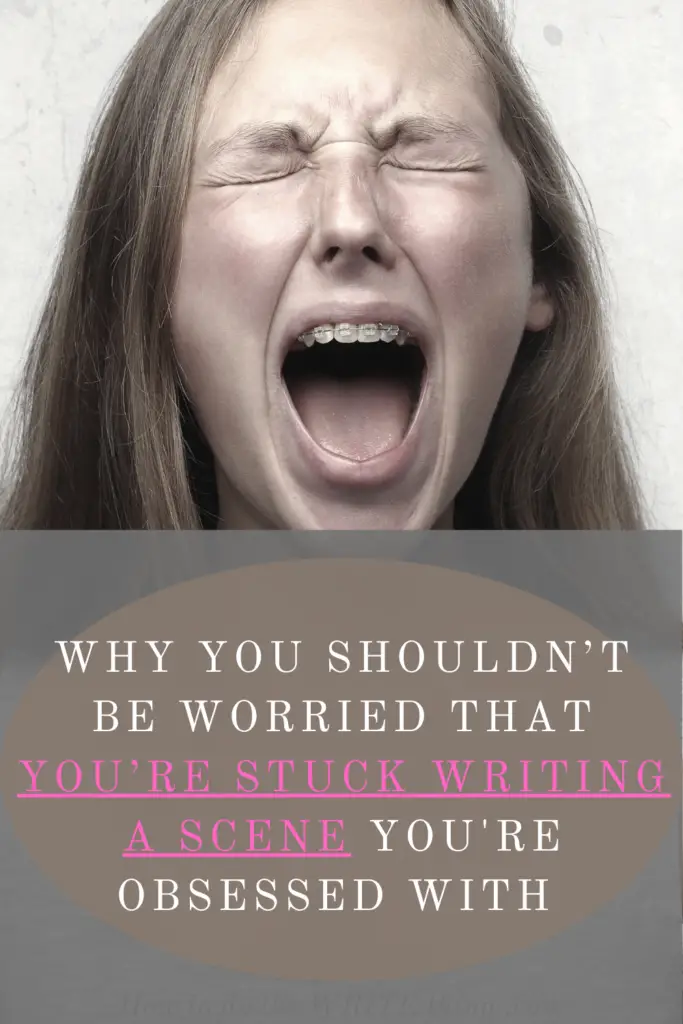

Want to get paid to write? Check out Writing Paychecks
- There is a simple method over 30,000 people use to get paid for freelance writing online.
- Opportunities can get started in just minutes a day, all from your home couch.
- It’s easy to get started! No previous experience or degree required to start.
- Exclusive job listings for writers, updated daily.
Check out Writing Paychecks to see if you can start getting paid to write today.


















That’s all for now.
Hope this helps!
Happy writing!
Another Post you Might like:
Mythical Creatures | 7 Tips on How to Write Mythical Creatures
Other Popular Posts you might enjoy:
5 Tricks How to Hide Your Villain Right Before Their Eyes
10 Tips How to Write Villains that Play Mind Games with Their Victims
4 Tips How to Write your Character Hitting Rock Bottom
10 Toxic Bad Habits That’ll Crush Your Fictional Character’s Relationships
How to Write From Your Villain’s Mind.
How To Write 4 Scenes That Reveal Who Your Character Is Seamlessly
Other Resources You Might Enjoy:
How to Start a Blog in 11 Simple Easy Steps in 2020
How to Write a Book: 32 Tips | Your MASSIVE Guide How to Write a Book
Interested in starting a blog of your own? Check out Bluehost.
Check out these FREE trial resources from Amazon for when you work from home (or are stuck at home 🙂 ) As an Amazon associate, if you do sign up or buy anything using Amazon links from our site we make a commission at no extra cost to you.
Free Prime Membership Trial:
Try Amazon Prime 30-Day Free Trial
Try Prime Discounted (Free Trial)
Get Unlimited Music for Free (30-day free trial):
Free Baby Registry:
Shop Amazon – Create an Amazon Baby Registry
Make your Free Amazon Wedding Registry:
Create an Amazon Wedding Registry
Make sure your posts are readable. Use this readability score check
Want to check out a writer’s community to test your writing and get feedback?
Enjoying this post? Take a moment and consider sharing this social-friendly image to say thanks and feel free to comment with your thoughts below! 🙂
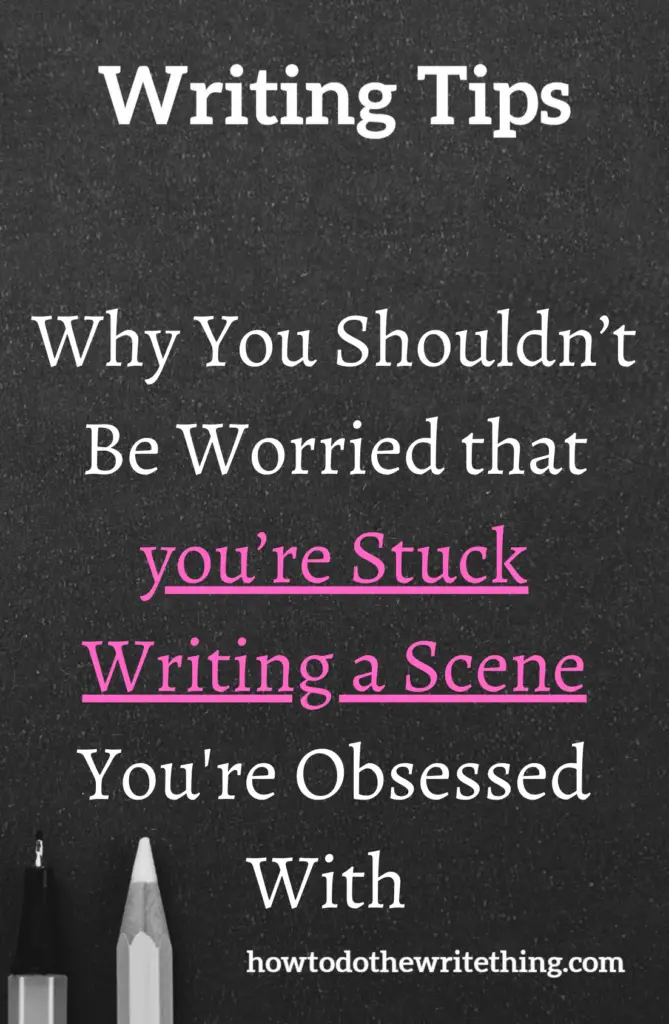

We hope you enjoyed: Why You Shouldn’t Be Worried that You’re Stuck Writing a Scene You’re Obsessed With!
